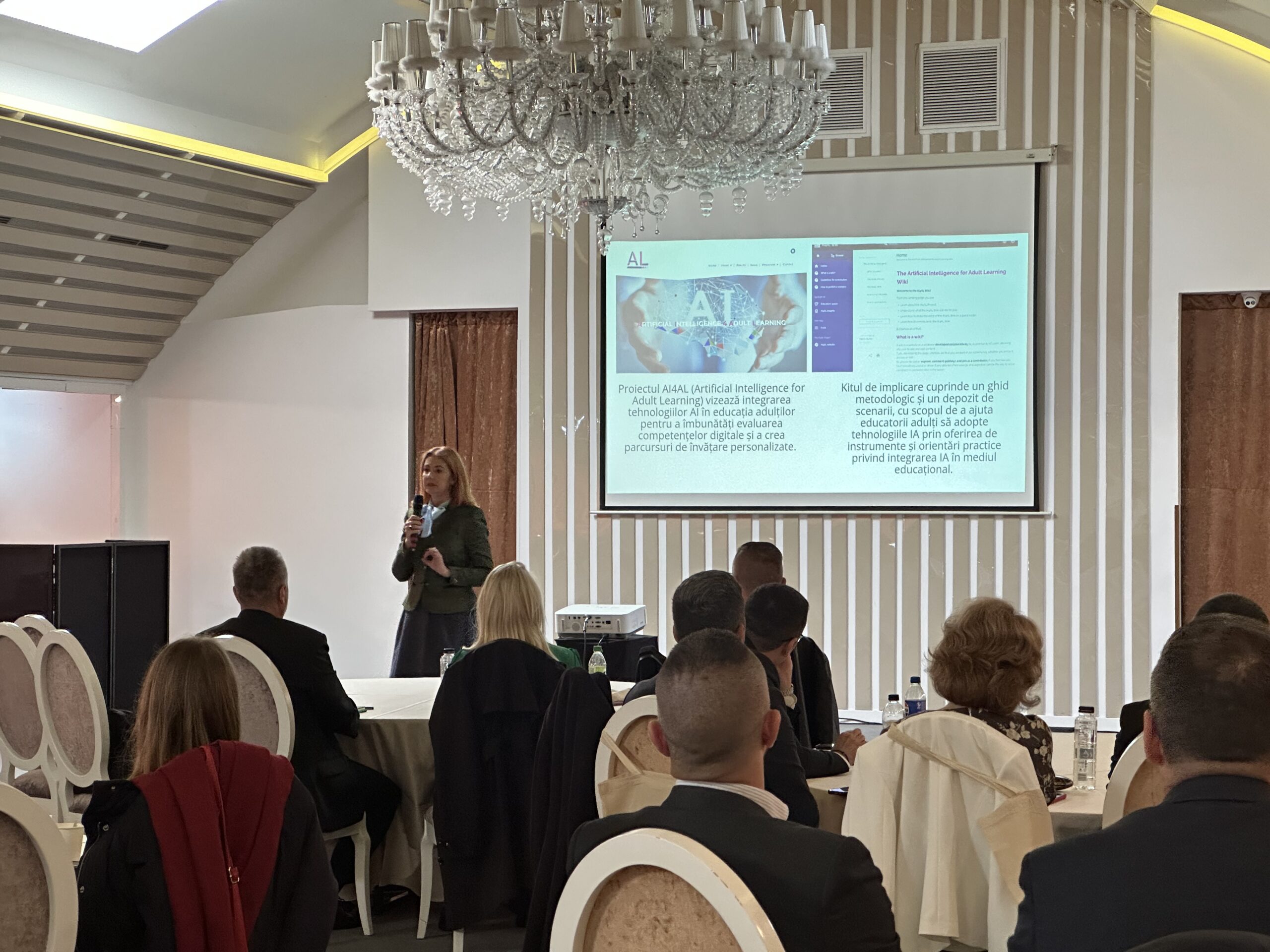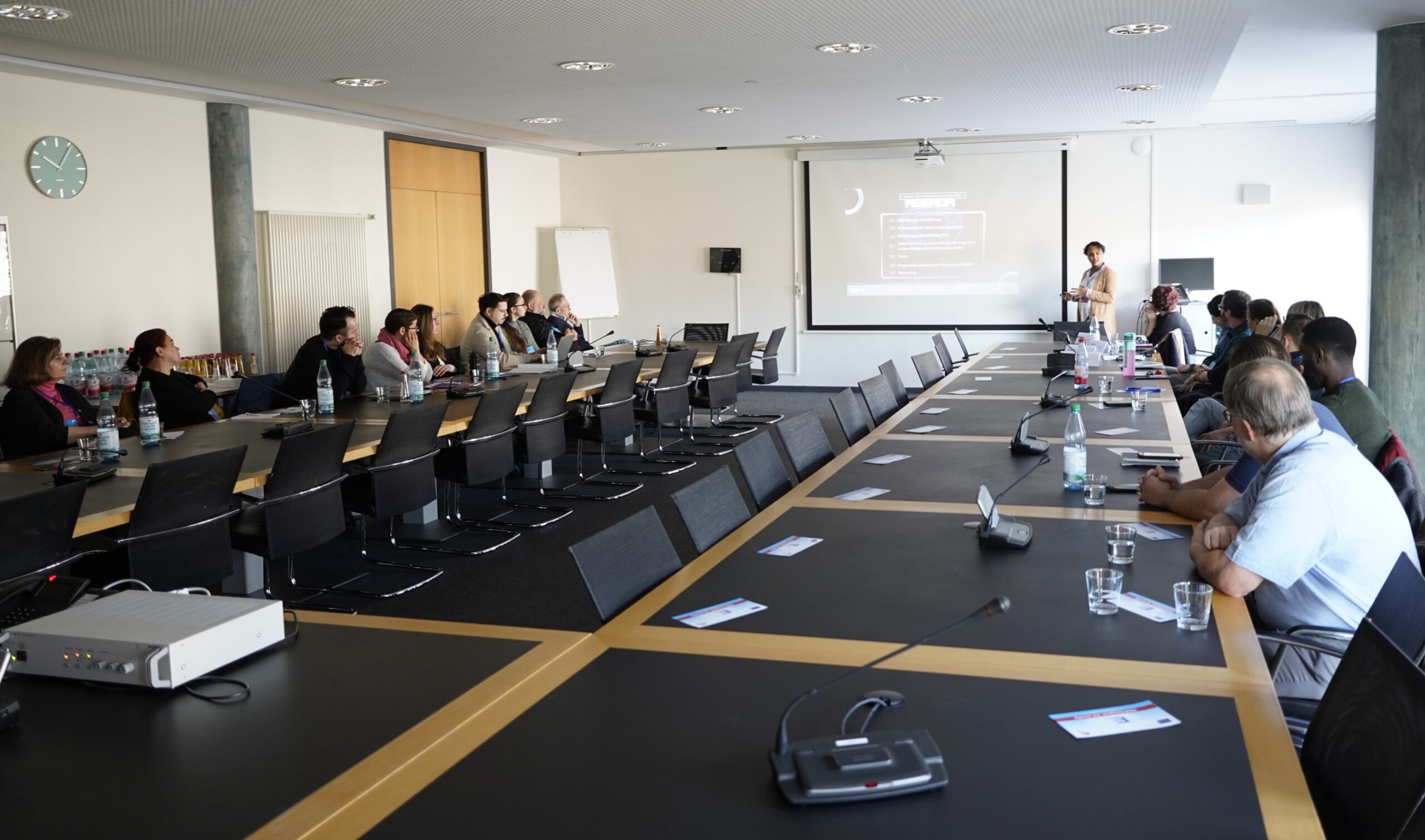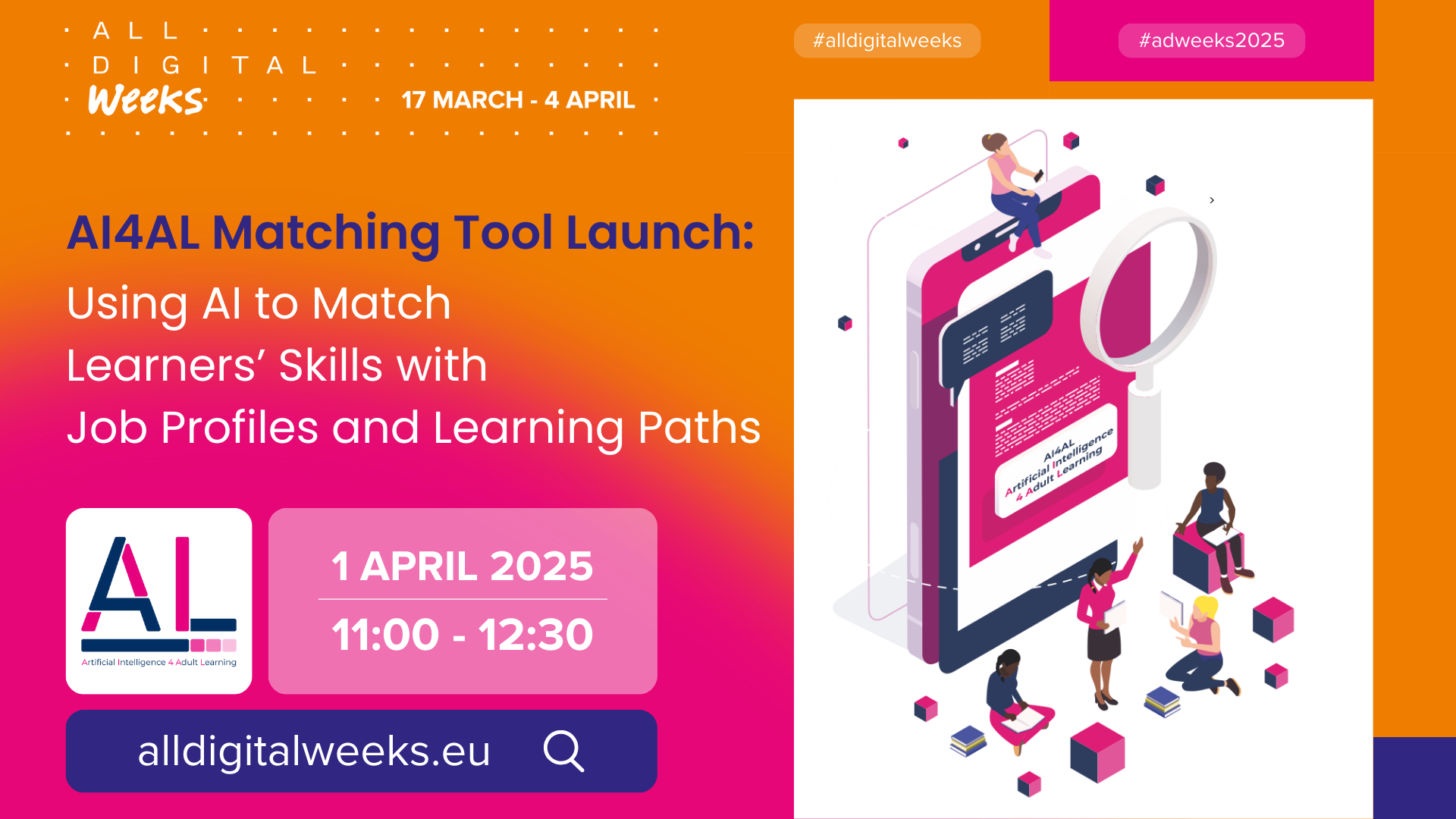Introduction
Artificial Intelligence (AI) is fundamentally changing how we approach education and skill development. In a world where technology evolves rapidly and job markets require continuous adaptation, lifelong learning—an ongoing process of acquiring new knowledge and skills—is crucial. AI offers new tools to make this process more personalized, efficient, and accessible for all learners.
While AI’s potential for supporting vulnerable groups, such as individuals with basic skills gaps or immigrants, is significant, its impact stretches much further. From enhancing workplace learning environments to helping professionals stay competitive in their fields, AI is driving a revolution in lifelong learning across various contexts. This article explores AI’s role in diverse scenarios, including for vulnerable groups, corporate environments, and continuous upskilling efforts.
AI’s Role in Supporting Lifelong Learning Across Different Contexts:
- Enhancing Workplace Learning and Upskilling: In today’s fast-changing job market, continuous learning has become vital for employees at all levels. AI-driven platforms like Degreed and LinkedIn Learning allow businesses to offer personalized training paths that meet the needs of individual workers. These platforms assess employees’ current skills, suggest tailored training opportunities, and track their progress in real time. This helps companies upskill or reskill their workforce efficiently, which is particularly important in industries like technology, healthcare, and manufacturing where skills requirements evolve rapidly.
- SkillLab, for instance, uses AI to match employees’ existing skills with available learning opportunities, helping workers stay competitive in their fields. This is especially valuable for employees who may not have formal qualifications but possess practical experience. Through AI-driven solutions, businesses can ensure that their employees remain agile and capable of adapting to new roles, technologies, and market conditions.
- Just-in-Time Learning in Corporate Settings: AI is transforming on-the-job learning by integrating real-time assistance into daily workflows. AI-powered virtual tutors and chatbots provide employees with instant feedback and guidance, helping them resolve technical issues or learn new processes without interrupting their work. This kind of just-in-time learning ensures that employees can continuously improve their skills as they perform their tasks.
- For example, companies like Vodafone use AI-driven platforms that allow workers to seek help with specific tasks or identify resources for quick learning, fostering a continuous learning environment. This approach not only boosts productivity but also helps employees feel more empowered in their roles, as they can upskill without needing to step away for formal training sessions.
AI for Vulnerable Groups in Lifelong Learning:
- Supporting Learners with Basic Skills Gaps: Many adults continue to struggle with foundational skills like literacy and numeracy. AI can provide personalized, step-by-step guidance to help them improve. Tools like Jobiri offer AI-driven career coaching that adapts to the individual’s literacy level, guiding them through job applications and interview preparation. Similarly, platforms like Iris.ai simplify complex texts to make learning more accessible, allowing individuals to engage with content suited to their level of comprehension.
- Assisting Immigrants and Refugees: Language barriers are a major obstacle for immigrants and refugees seeking to integrate into new societies. AI-powered language learning apps, such as Babbel or Duolingo, provide personalized lessons tailored to the learner’s level. These apps offer real-time feedback and make learning more flexible and accessible for people who may not have access to traditional classroom settings. By providing tools to acquire language skills quickly, AI can play a crucial role in social and professional integration for immigrant communities.
Addressing the Risks of Exclusion in AI-Driven Learning
While AI has immense potential, it is not without risks, particularly in terms of digital exclusion. Individuals lacking access to technology or digital literacy may find it difficult to engage with AI-driven learning platforms. ICTskills4All, for example, is an initiative that provides digital literacy training for older adults, ensuring they can participate in the digital world. By incorporating AI to assess individual progress and offer tailored learning pathways, the initiative ensures older adults develop the digital skills they need for everyday tasks and continuous learning.
Another concern is bias in AI algorithms. If AI tools are not designed inclusively, they may perpetuate existing inequalities by reflecting biases in the data they are trained on. Developers must ensure that AI systems are fair and represent diverse user groups to avoid further marginalizing vulnerable populations.
The AI4AL Project: A Case on AI for Lifelong Learning
The AI4AL (Artificial Intelligence for Adult Learning) project highlights how AI can be used to foster lifelong learning, especially for adult learners. The project, has developed, on SkillLab’s platform, an AI-powered tool that matches learners’ digital skills with relevant learning opportunities. This personalized approach enables learners of all backgrounds to access training tailored to their needs, ensuring that AI tools support adult educators in integrating AI into their teaching practices.
AI4AL is also focused on supporting educators by providing them with the resources and methodologies needed to incorporate AI into adult learning environments. This ensures that AI becomes a tool for inclusive, effective lifelong learning.
Final Event at the ALL DIGITAL Summit
The AI4AL project organized its final event on 17 October 2024 in Madrid during the ALL DIGITAL Summit 2024: Summit of Engaged Digital Citizenship. Our event aimed to offer an opportunity for adult educators and stakeholders to explore AI4AL’s tools, with a focus on how AI can enhance lifelong learning in adult education. The summit programme included workshops and discussions on AI, digital skills, and innovative teaching methodologies. Read more on our final event here.
Conclusion: AI is a powerful tool for supporting lifelong learning, offering tailored educational experiences across a range of contexts. From enhancing workplace learning to supporting vulnerable groups such as immigrants, older adults, and individuals with basic skills gaps, AI opens new pathways for education that are more personalized, accessible, and efficient. However, to fully realize AI’s potential in lifelong learning, it is essential to address risks related to digital exclusion and ensure that AI systems are designed with inclusivity in mind.







